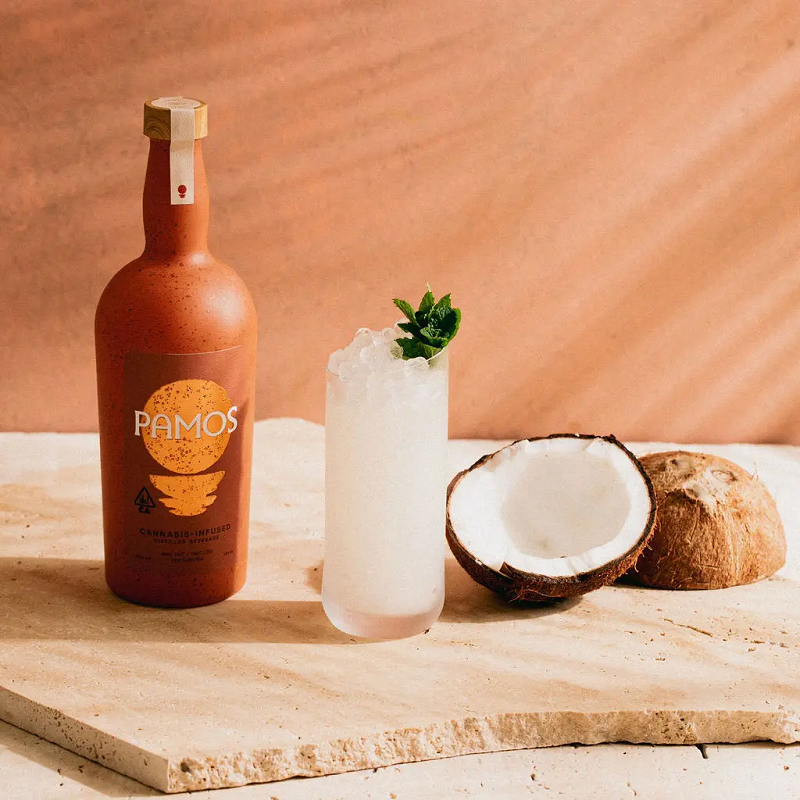With the proliferation of legalized marijuana in states across the U.S.S., production of baked meals made with hashish, hemp, and CBD — also known as “edibles”— is on the upward rise.

BEMA kicked off its annual convention, held June 17-21 in Vail, Colorado, with a panel of edibles producers, prison counsel, and a vertically incorporated hashish organization discussing the most important troubles dealing with this class as it gains reputation and market share. In truth, Bill Bogot, partner, Fox Rothschild, indicated that today’s projections estimate sales for fit-to-be-eaten marijuana merchandise should close to $30 billion with the aid of 2023.
The number one attention for edible producers is that marijuana is still unlawful at the federal level; that makes compliance at the state level a crucial element. Compliance and repeatability are hard when legal guidelines range from state to state, particularly if a corporation is producing in multiple states.
“One of the most important problems dealing with the baking enterprise in terms of cannabis is the federal and municipal regulatory uncertainty surrounding that area,” stated Corey Rafelson, northeast operations manager, 4Front Ventures, Phoenix.
Peggy Moore, founder and leader of Denver-based Love’s Oven, a government officer, noted that because marijuana remains illegal federally, the bakery should remain diligent in complying with all state and local policies.
“We’re also actually focused on bringing in the one’s components of federal guidance,” she said.
This leads to every other issue, including labeling and packaging.
“At Sweet Grass, we should navigate a lot of demanding situations, but at the top of my list would be packaging, scalability, and navigating the regulatory surroundings,” stated Lauren Finesilver, director of manufacturing and govt chef, Sweet Grass Kitchen, Denver.
Packaging may be a complex process for edible producers.
“Each kingdom that we function in has exceptional policies regarding packaging,” Rafelson said. However, the business enterprise started automating its packaging using the flow-wrapping device.
At Sweet Grass, Finesilver identified this as a massive venture because all its merchandise requires toddler-resistant packaging.
“That’s an area of production wherein we can grow as we scale our business up,” she said.
In Love’s Oven’s 8,500-square-foot facility, a large component is devoted to packaging, further to the kitchen area, warehousing, and an extraction lab. The enterprise produces roughly 10,000 packages of infused baked ingredients step by week.
“In Colorado, as well as other states, all cannabis merchandise must be marked with a popular image,” Moore stated. “In the baking space, we had to find a unique answer.” The bakery currently uses a safe-to-eat printer for its labeling. Sweet Grass makes use of a custom-designed laser printer for its labeling. It took about a year to design and develop. “Those are huge expenses, but they’re essential evils in this space,” Moore introduced.
During the BEMA conference, manufacturers could connect to equipment producers, ingredient suppliers, and other allies to discover solutions to these challenges and more. On June 19, all baker guests will participate in BEMA Connect, an event designed to bring bakers and suppliers together to discover these processing styles’ demanding situations and possibilities.





